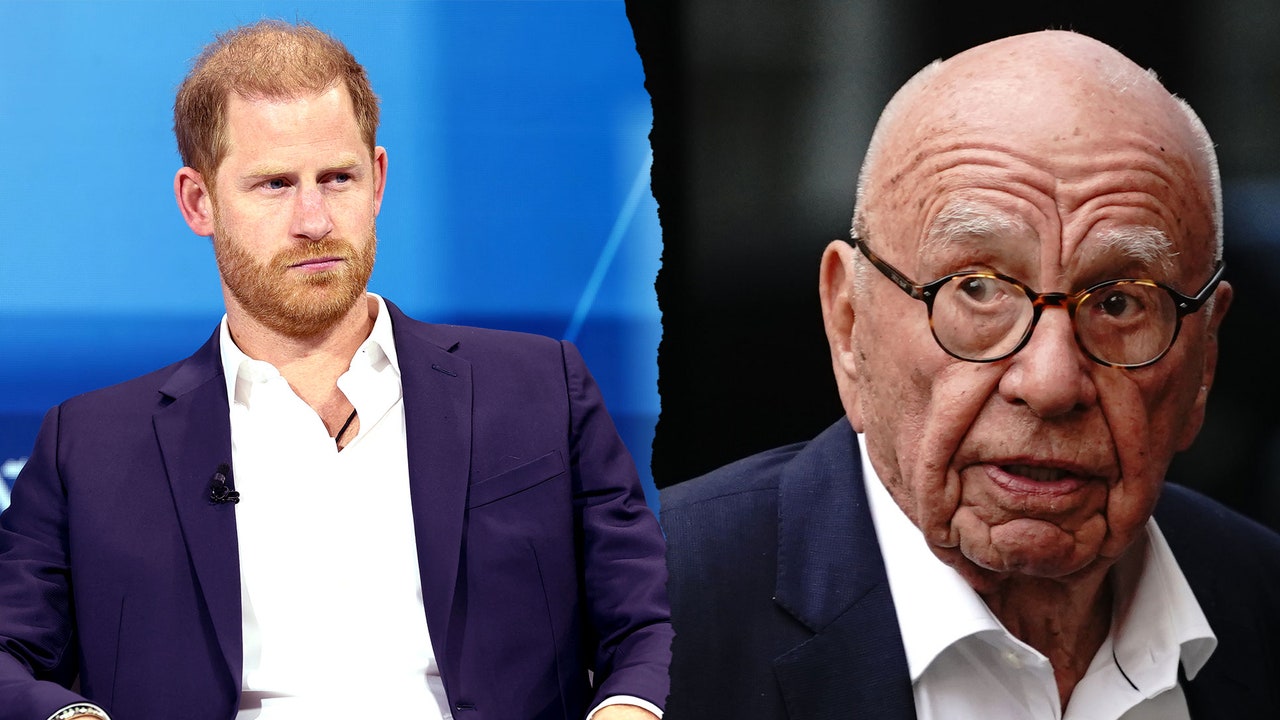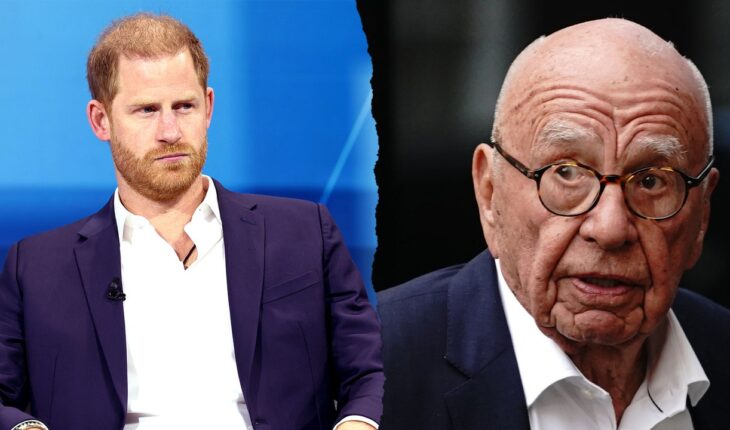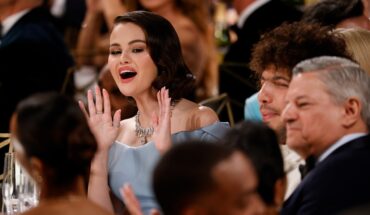
Justice Timothy Fancourt, not a judge who easily loses his cool, was exasperated. Addressing the counsel facing him in London’s High Court, he snapped, “[There is] no question of that happening.”
The counsel, Anthony Hudson, was leading the team of lawyers representing Rupert Murdoch’s News Group Newspapers (NGN) in the civil case brought against them by Prince Harry, the Duke of Sussex, at a critical moment in December when the judge was deciding how much evidence could be heard in an eight-week trial that will open on January 20.
It was a rare moment of open tension in a court where, by ancient custom, the opposing lawyers refer to each other as “my learned friend” and address the judge as “my lord,” even though Fancourt is not a lord, just Sir Timothy.
Hudson was asking for the trial to be delayed, complaining that there was not enough time for NGN’s legal team to prepare. “I don’t know which witnesses are going to be called or when, I don’t know which documents are going to be relied on,” he said, according to transcripts obtained and reviewed by Vanity Fair.
The judge was having none of it, reminding Hudson that “the parties have had years to get ready for this trial.”
He had a point. In its duration and complexity, this long-running saga has acquired something of the flavor of the notorious Jarndyce v. Jarndyce in Charles Dickens’s novel Bleak House, a case so protracted that the litigants become mutually impoverished while the lawyers grow fat on their fees. (Before he was a novelist, Dickens was a court reporter in this same precinct of London and was witness to similar predations.)
The narrative now is, of course, of another age and different in its plotting. There had long been doubt about whether Harry would hold out for a trial rather than settle. As Hudson himself explained to the court: “More than 1,300 claims have been settled. NGN has repeatedly demonstrated its willingness to settle claims brought against it and more than properly compensated claimants.” He seemed to be arguing that it was unreasonable of Harry to actually do what he always said he intended to do: hold the Murdoch empire publicly accountable for one of the most squalid episodes in the history of British journalism, in which hacking and so-called “blagging”—the obtaining of information through deceptive means—were allegedly widely used to violate the privacy of public figures and in attempts of kompromat against politicians considered hostile to the Murdoch interests.
However, as it has turned out, Harry’s case does not involve phone hacking. He cites 30 articles and 20 incidents, dating between 1998 and 2011, in which he claims that private investigators violated his privacy. Together this involves 16 PIs and 23 journalists. The case does include allegations of blagging, specifically in stories alleging habitual drug use by Harry that his lawyer, David Sherborne, told the judge in December were untrue, even though, according to Sherborne, Rebekah Brooks, the chief executive of the Murdoch papers at the time, had assured Buckingham Palace that they were supported by evidence.
But hacking is still cited by the other remaining claimant whose case is included in the trial. Tom Watson, a former Labour Party member of parliament since elevated to the House of Lords as “Lord Watson of Wyre Forest,” was a prominent adversary of the Murdoch tabloids. His claims describe the alleged cost to him in the form of retaliatory actions taken against him. Watson broke from other politicians who decided to settle, insisting, like Harry, that he wanted a trial in the public interest. One of the witnesses to be called by Watson is the former prime minister, Gordon Brown, and both politicians are determined to prove the complicity of senior executives.





